“Samvidhan Us Kavitaka Nam Hai Jisame Achhoot Pratha ko Samapta Kar Diya Gaya Hai”
-Sri Lal Shukla. Raag Darbaari
Yet another Republic Day has come and gone. As the country shivered under a cold wave and shuddered under the third Covid wave the ritual on Rajpath was more like just going through the motions by sheer habit and there was little euphoria. Moreover, with assembly elections in 5 states-including the largest single state of Uttara Pradesh (UP) and the small but politically simmering Punjab (Pj) just around the corner-in mid-February- media are compulsively busy speculating whether the coming polls would be a dress rehearsal on the Lok Sabha polls due in 2024. Some are hoping against hope that this would be the beginning of the end for the slightly subdued and rattled NaMo and Co.
While pollsters and election-pundits are vociferous over the ‘now’ of politics, a few are discussing the ‘then’- the euphoric mood of the country on 26 Jan 1950 when India declared herself a Democratic Republic and adopted an ‘indigenous’ constitution which opened with the novel phrase ‘We the People’. These words were embraced over ‘We the Nation’ by the 299 members of the constituent assembly on behalf of 359 million Indians. This unique shift of idiom confirmed the belief that the Indian people were to be the new born nation: to be nurtured with constitutional practices not just mechanically but with unshakeable faith in constitutional democracy.
Read Also : Taking the Bull by the Horn... - Vinay Hardikar
The Constitution of India is the product of sweat and toil of the chosen 299 (with 15 women among them) for over three years. Credited with striking a middle path between written and unwritten constitutions, it is elaborate and meticulous. Hampered with the absence of precedent it is an attempt to imagine as many situations and eventualities as possible in governing 359 millions and come up with democratic response/s Since those who conceived and drafted it were men and women of high achievement in their fields, the constitution aims at perfection of intent and diction and tends towards ‘elitism’, parting company with the ‘people’ it vows by. Exasperated with its length and verbosity one feels whether something like a ‘made simple’ version would bring it within the reach of ‘the people’: who now number 1400 million!
It needs to be conceded candidly that since a constitution is a roadmap to better governance it will be idealistic to an extent, escape the grasp of the average and earn the dubious epithet ‘elitist’. Ours cannot be an exception. Further, since, expectedly, lawyers dominated the parent body an awkwardness of style (so many ‘whereases’!) has to be tolerated. It had to be in ‘chaste’ English since we wanted to show the veteran constitutional democracies of the West that India could do it! Thus, more perfect our constitution tries to be the more it gets removed from the understanding of the common citizen, necessitating ‘interpretation’ of every statement. This creates another elite class who might conceal more than reveal to stay in the business!
The 299 members’ task was further compounded by poverty, inequality, discrimination of all sorts, illiteracy and ignorance. Add to this the multiplicity of religion, community, caste, habitat, environment and language. Though just 1/4th of the present number 359 million was still only second to China (which had done away with democracy: no wonder the then Indian communists came down heavily on the document) and they were to be reassured that a bright future awaited them. Unenviable, sums up the situation the 299 were in!
To judge from what has appeared in media who take their business seriously there are three sides to the debate over our Constitution. A large section feels that it apes the Westminster model and gets removed from Indian reality. Some others feel that we have successfully created an Eastminster document with our special touch. A large section, after the NaMo advent, have been asking for a thorough review of the constitution. There is a sizeable section pressing for blending the constitution with an indigenous (sic Gandhian) world view: an indirect dig at Ambedkar?
Quite a few opine that though it talks of a federal republic and assures the states of safeguards against the centre’s encroachment the constitution is de facto centrist and in the name of upholding sovereignty and integrity relegates concerns of the states to the back-benches. Here one feels that since the document was drafted when the country was still not independent, protection of territorial integrity of this huge land and its people must have naturally been an obsession. It can now be suggested that we need not burden ourselves with the anxieties of seven decades ago and reconsider the issue of greater autonomy for the states.
Champions of individual liberty highlight the irony that there are more curbs and less freedom: in the small print! It is interesting that on top of this NaMo has remarked of late that there has been more discussion of the ‘rights’ of the individual and it is high time that we talked more about their ‘duties’ (to the nation-state-government-prime minister?). Here too we have to remember that over seven decades ago individual freedom existed only in non-earthly, spiritual and divine domains in India. The Indian individual was, just by the accident of birth, indebted to God, ancestors, family and nation- rastra (sic community and caste, in effect.). It was therefore felt perhaps that the Indian citizen should be initiated into the concept and practice of democratic freedom with caution and his every step towards the final goal needed to be monitored.
The timing of the introduction of universal adult franchise was and has also been a point of debate. But it had to be a done with one slash like the proverbial cutting of the dog’s tail! It was like a ‘now or never’ situation for the 299: take the bull by the horns and hope for the best! This too can be done away with now since Indians have shown remarkable astuteness in the conduct of democracy and by now know all the tricks-occasionally adding some of their own! Whether they have solid faith in democracy is an uncomfortable question which needs to be asked- not for an answer but more by way of a reminder: since the Indian psyche was conditioned for millennia that the fingers of the hand are never identical!
There is also the disconcerting reality that our constitution has had to go through 105 amendments in its short life of seven decades: as against the US constitution-amended 27 (33?) times over two centuries. Though some of the amendments were blatantly political and status quo was restored subsequently when sanity prevailed, 105 is too large a number and calls for concern. While it is impossible to question the integrity of the chosen 299 did they turned into idealists and aimed too high-losing sight of the ground realities?
It has to be conceded that our constitution leans with conviction towards social justice and hence cares more for the marginalized sections of society and thus invites the risk of apathy and disfavor of the majority. At the time it was drafted religion and caste were two main reasons of marginalization hence Muslims, Christians, Sikhs, Jews –the neo-Buddhists joined in 1957- were, in the eyes of the Hindu majority, ‘favoured’ by the constitution. Similarly, within the Hindu society Dalits came to be the targets of chagrin of the other Hindu castes. Tribals and nomadic groups were still too disorganized to attract the ire of the majority and the OBCs were yet to be included among the marginalized. After Mandalisation they too fell foul of the Hindu majority. To this have been added recently groups marginalized on account of gender and sexual preference. Hence more the emphasis on social justice, greater the alienation of the majority from the constitution. While all the above look at the constitution as manifesto of their bright future the majority- still huge in numbers- either sees them as hurdles to their progress or wants to be included among the marginalized! Some paradox!
Read Also : Pegasus: Naya Jasoos? - Vinay Hardikar
Constitutions are generally not expected to debate or suggest what sort of economy should suit a people and dwell mostly on the principle of fairness to all. But noble constitutions remain on paper if the economy falls short of creation and distribution of wealth. Social justice is fine but poverty and economic inequality render it redundant since the poor place survival before justice. It a sad fact that while our constitutional infrastructure-legislature, executive, judiciary and media - is firmly embedded economy has not delivered and unemployment, poverty and inequality persist stubbornly. Our population continues to grow alarmingly adding to the numbers of the educated unemployed. This places a high premium on government jobs and quotas (reservations) become the only way of ensuring social justice! After Mandalisation there has been a scramble among small communities to be branded as backward and ask for reservations. There is envy, jealousy, at times even enmity between communities as all want to jump on the state-jobs-band-wagon. Worse still the beneficiaries of reservations want to continue their backward status despite annual incomes up to 800,000! Creamy layer has become a bone of contention and the limit keeps going up…
Are ‘We the People’ getting more divided and alienated from each other in our perusal of the noble goal of ‘Social Justice’?
Highly principled academic deliberations over the plus and minus of this noble document may go on but we need to address this paradox urgently. While Social Justice and fair distribution of wealth have to go hand in hand wealth has to be created first through honest toil in a robust economy. Social Justice has to be included in the curriculum at a very early stage: at present our aspiring youth hears of it only when it seeks jobs. In addition, the State should not parade itself as the prime employer and encourage other sectors to contribute through entrepreneur-friendly policies at all levels and sections of the economy.
We have ‘arrived’; now let us travel!
- Vinay Hardikar
vinay.freedom@gmail.com
(The writer has been working in the public sphere of Maharashtra for the last five decades. His versatile personality has several dimensions, but the primary ones remain to be that of an established writer, journalist, editor, critic, activist, and teacher.)
Click here to read all the articles from the series Hard(ikar) Talk

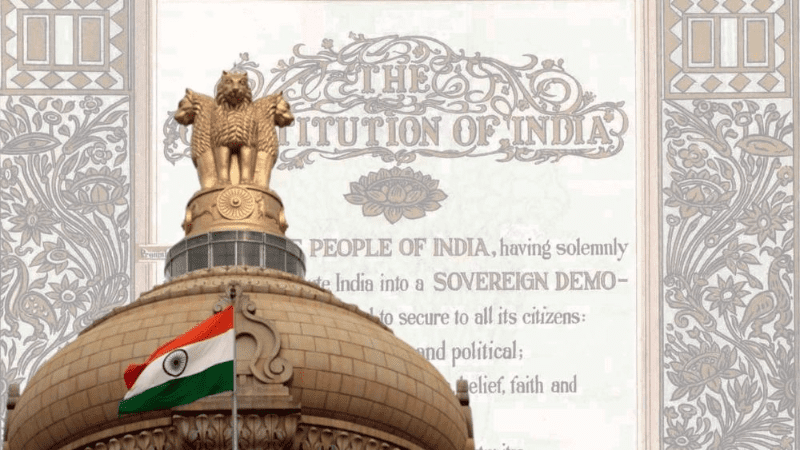
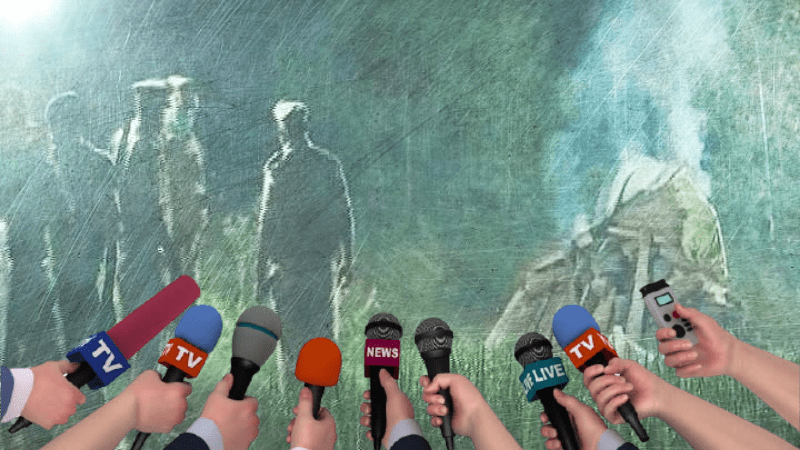
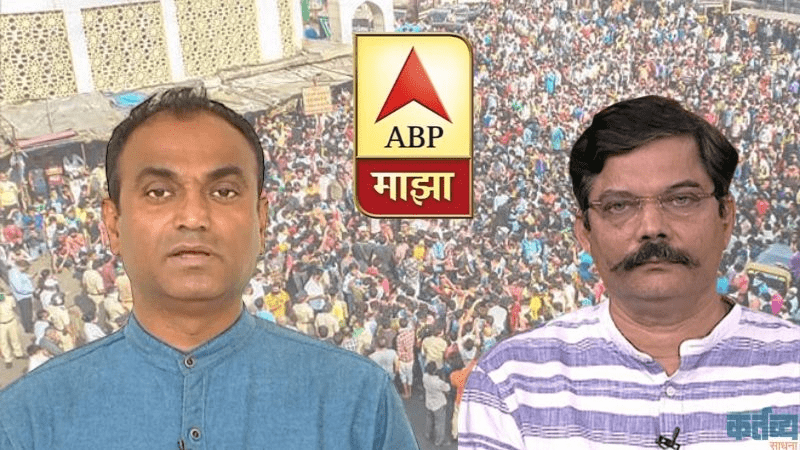
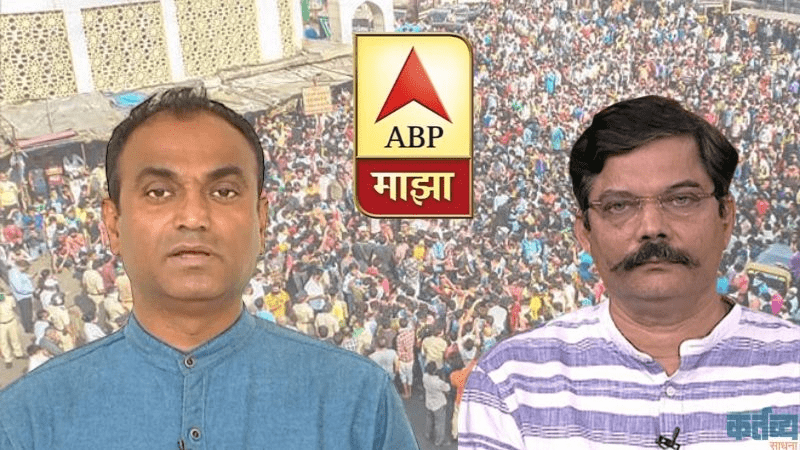
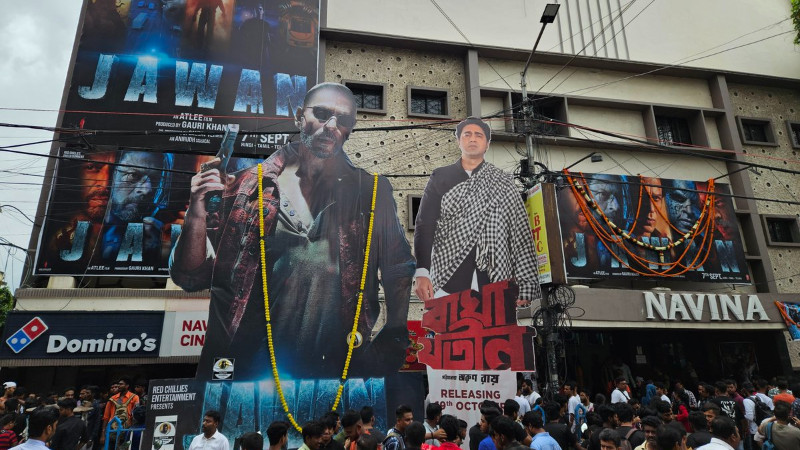
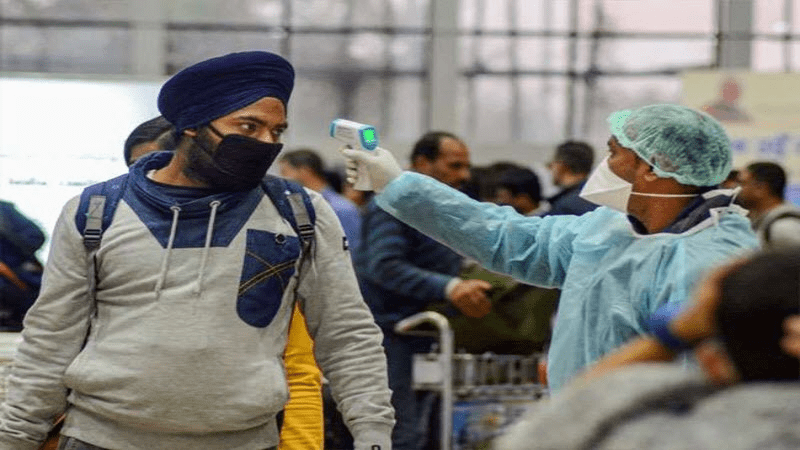
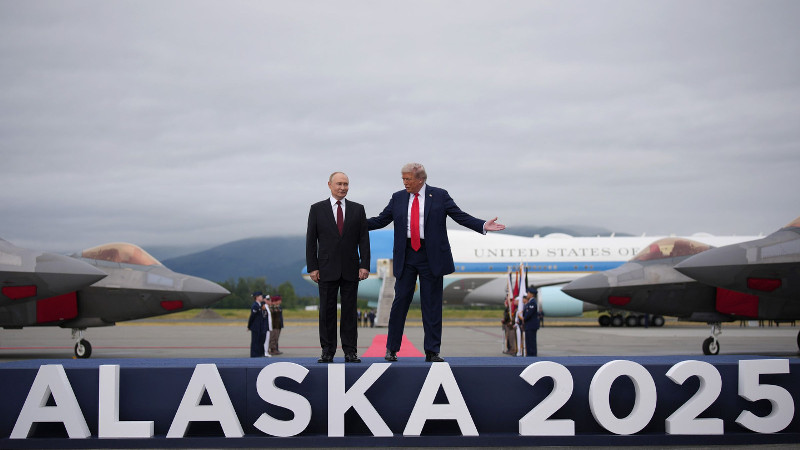
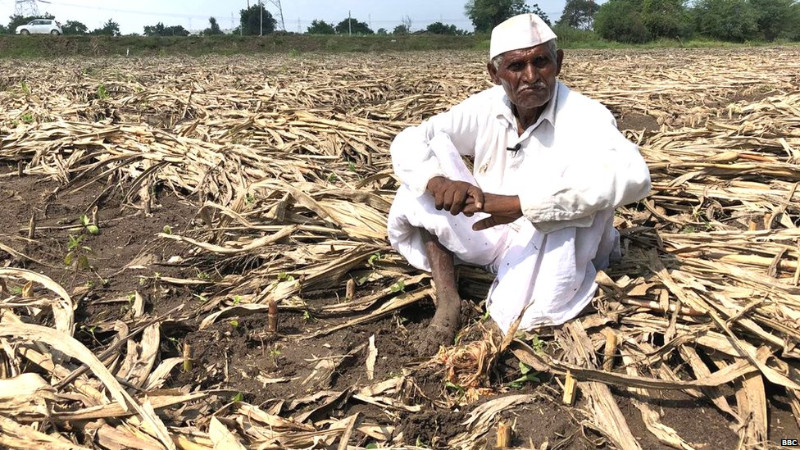
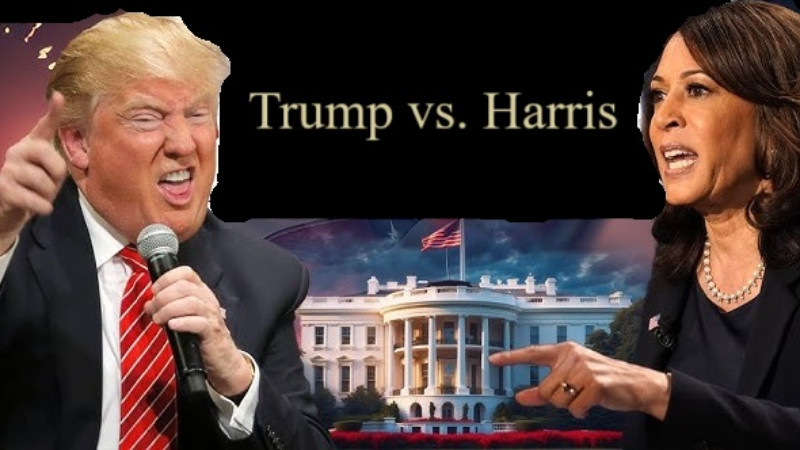

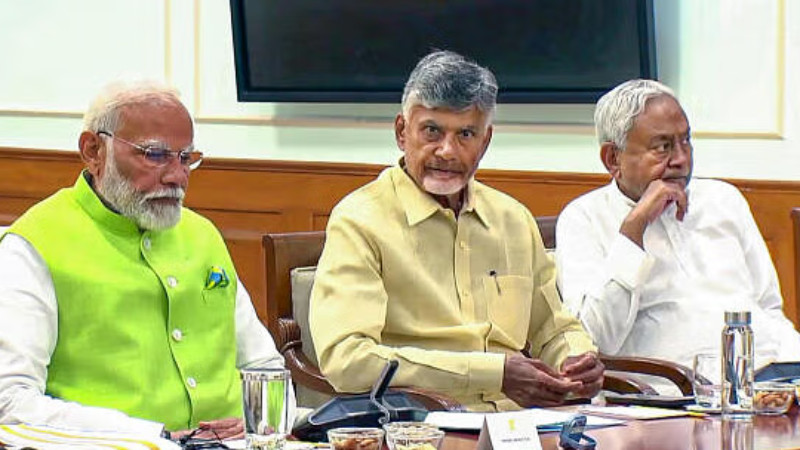
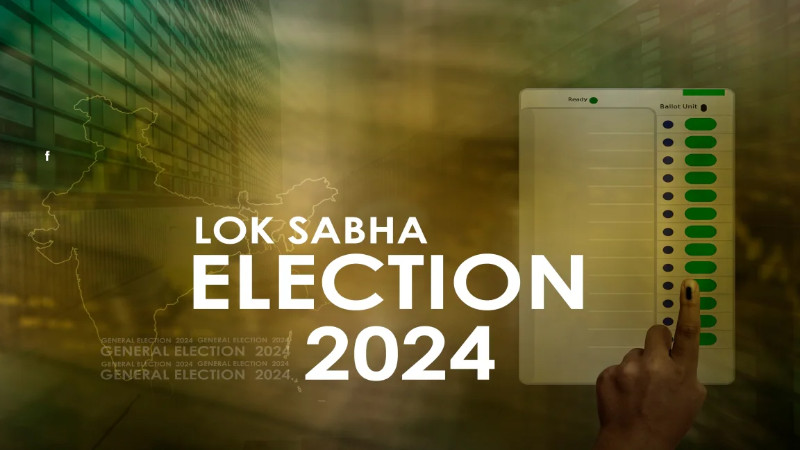
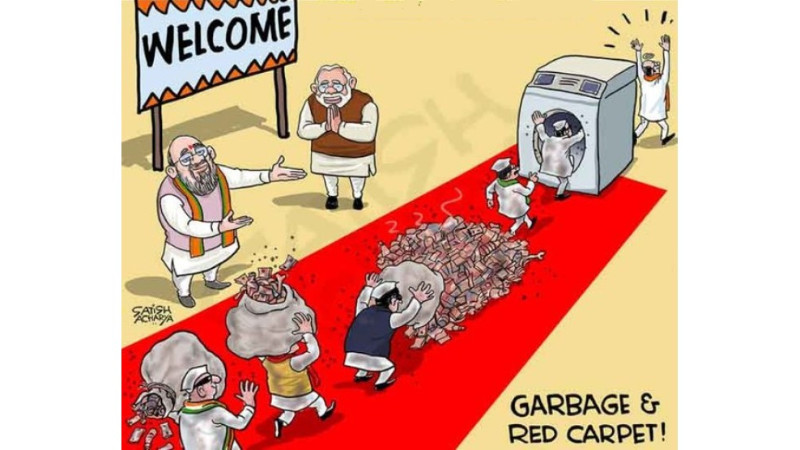
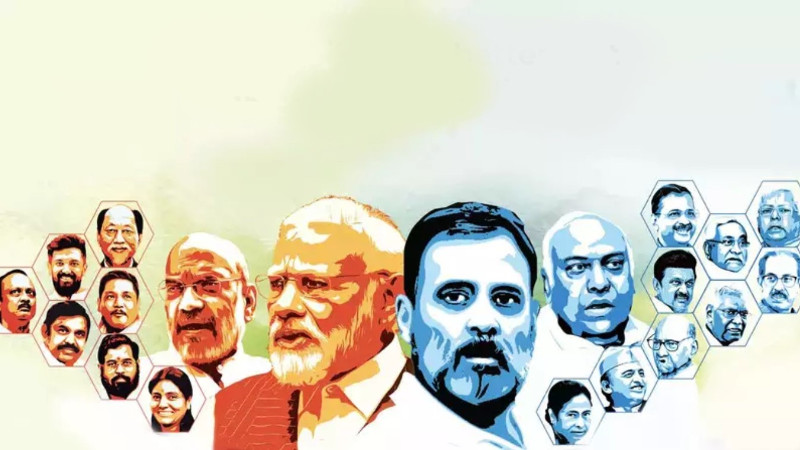
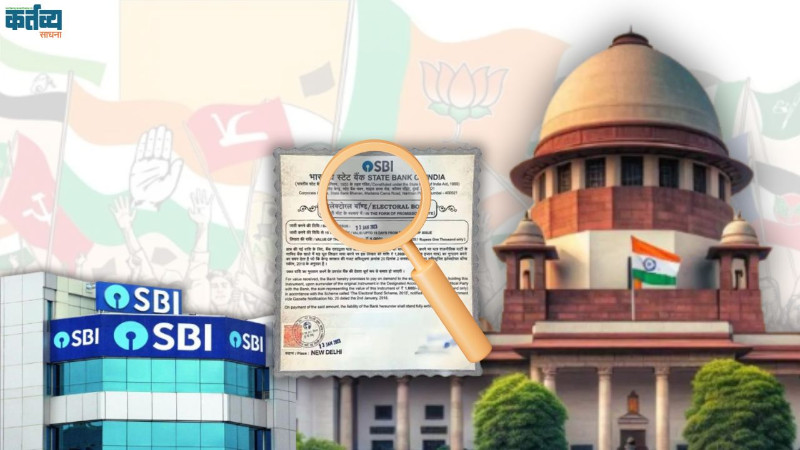
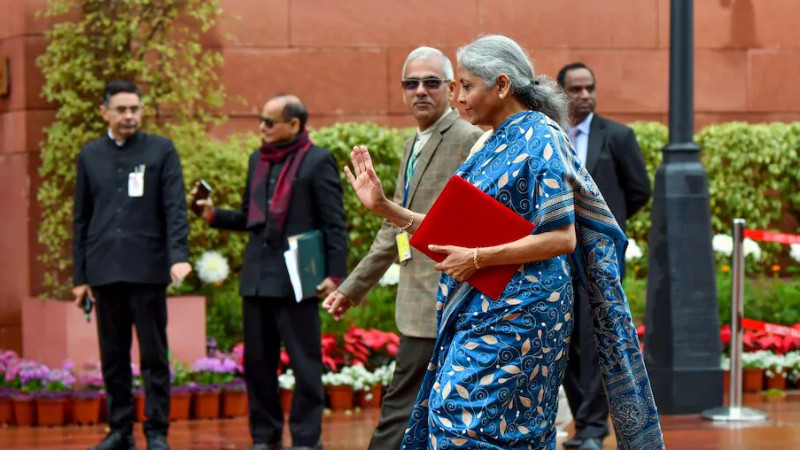
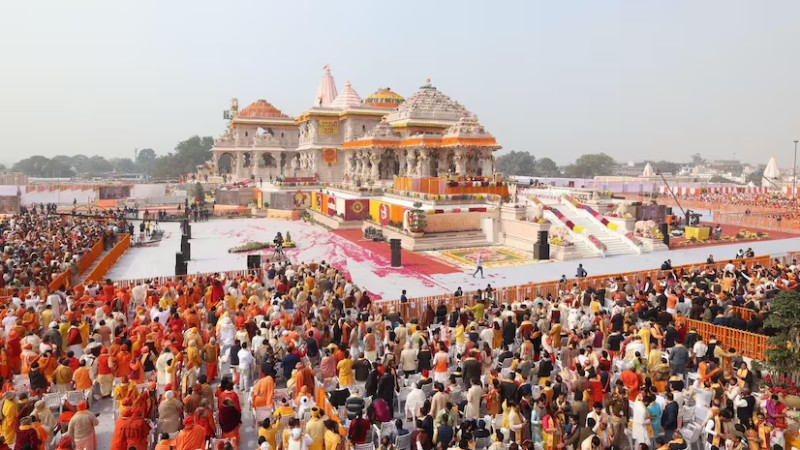
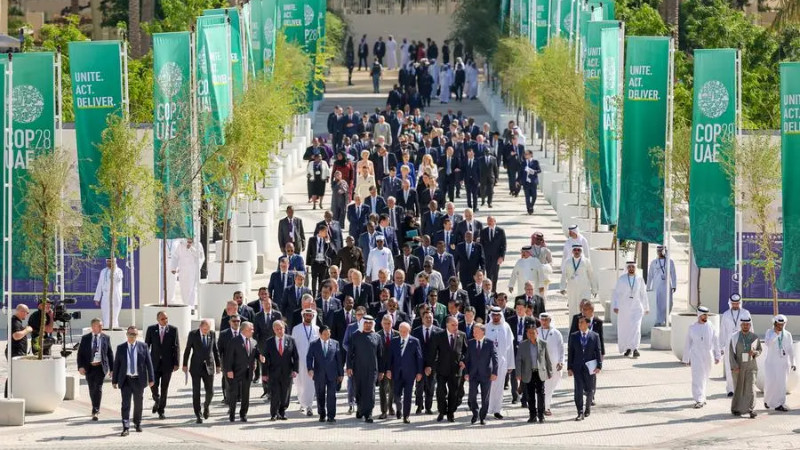
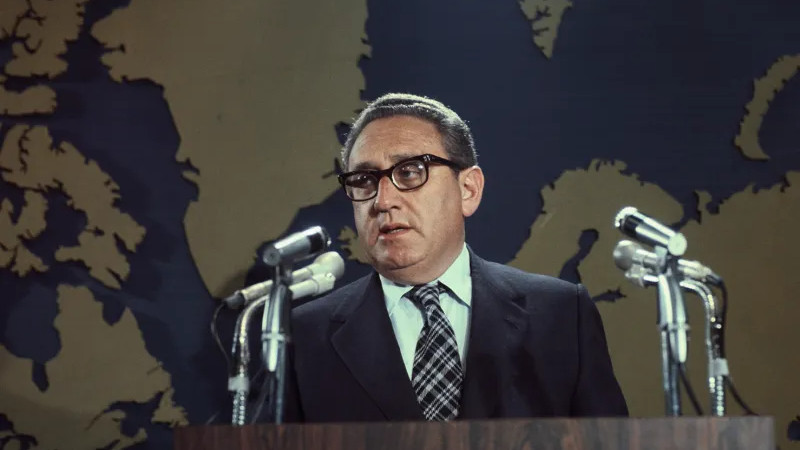
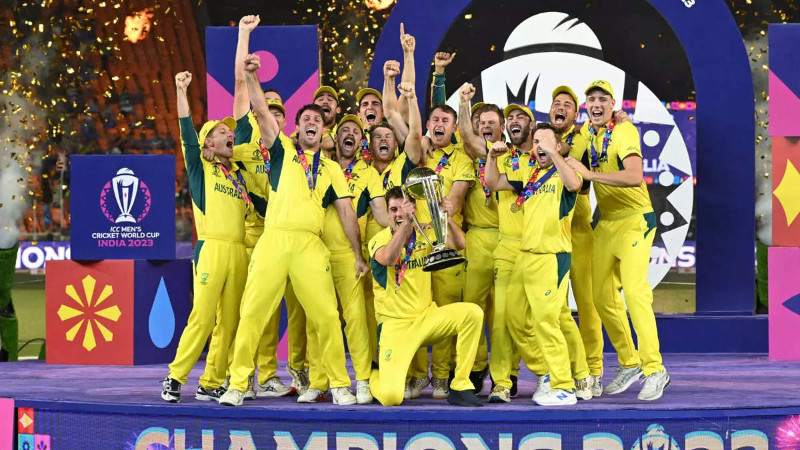
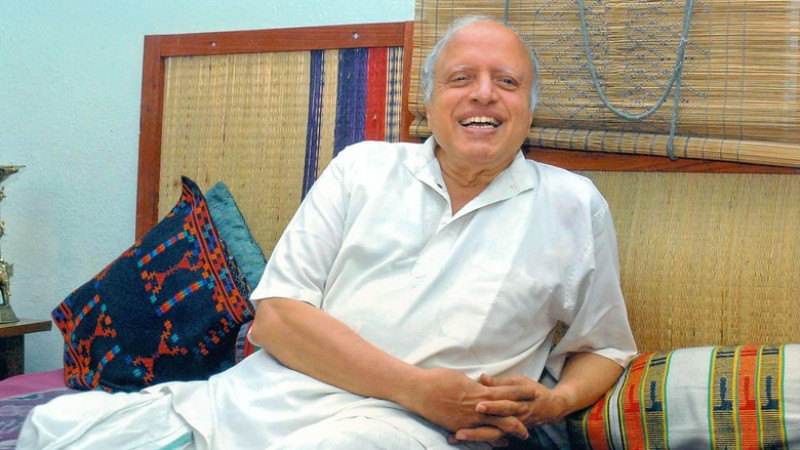
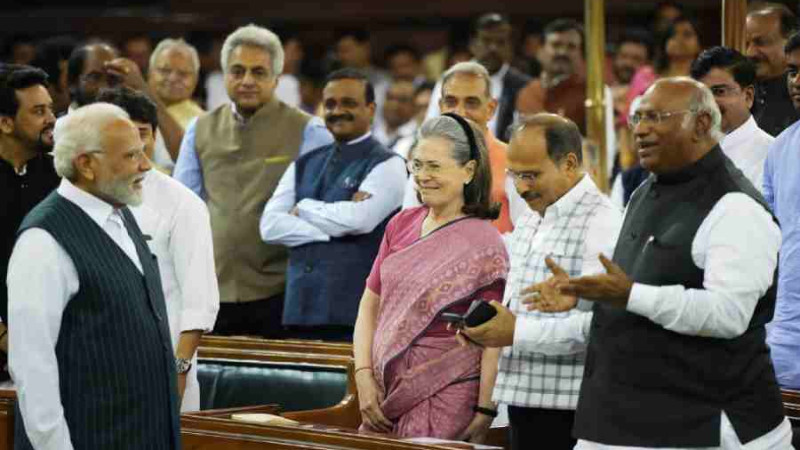
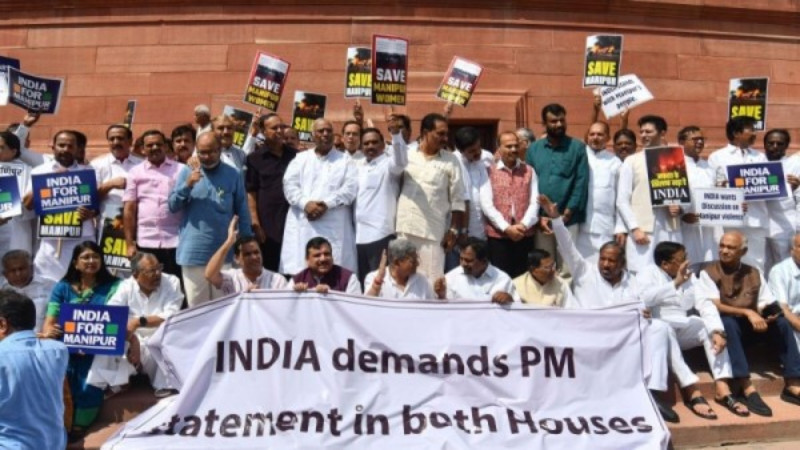
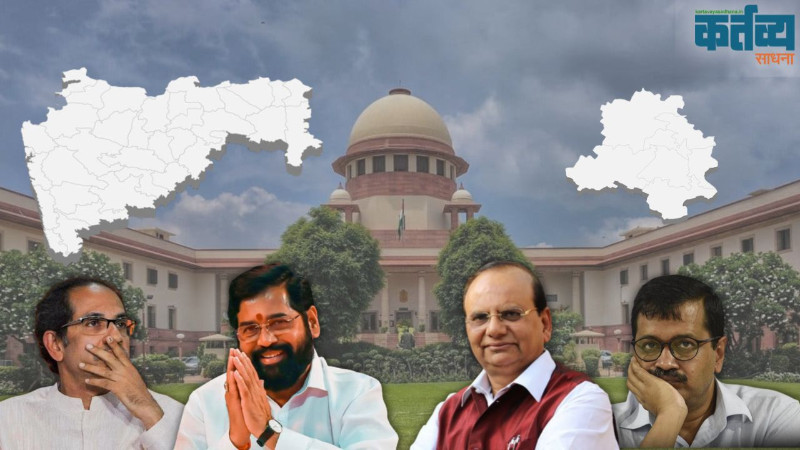
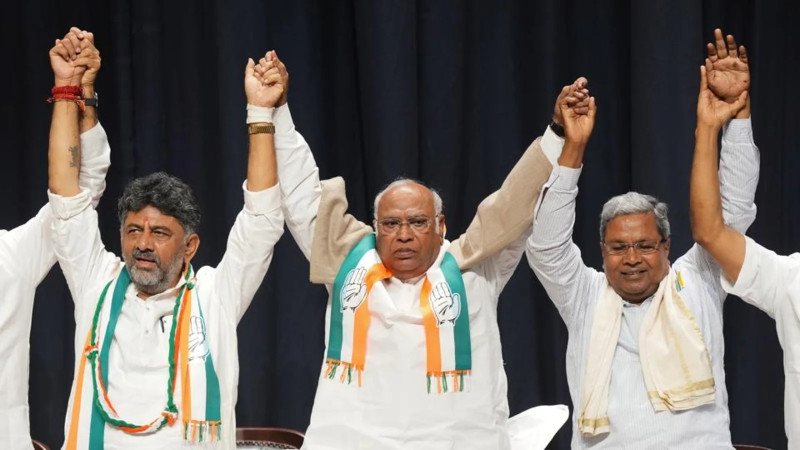
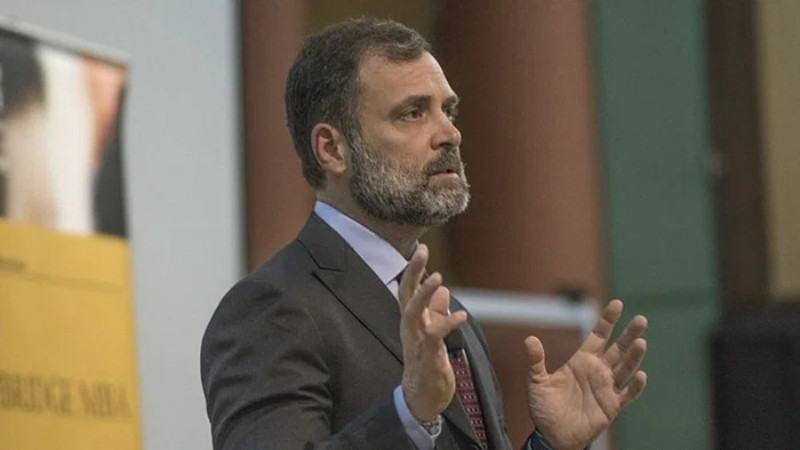
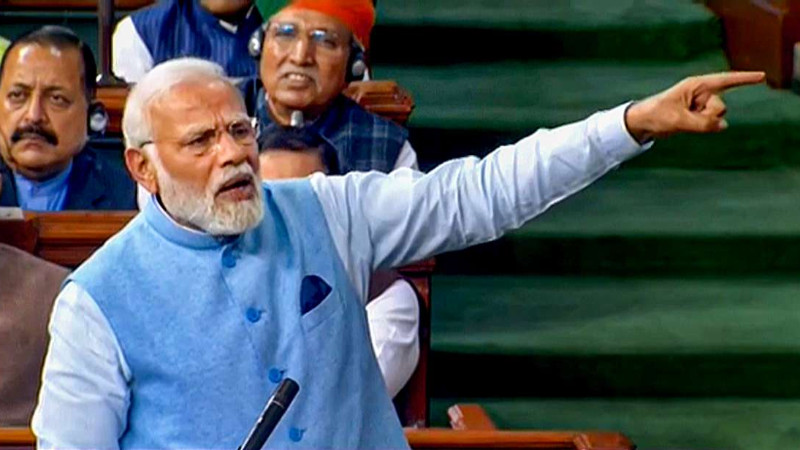
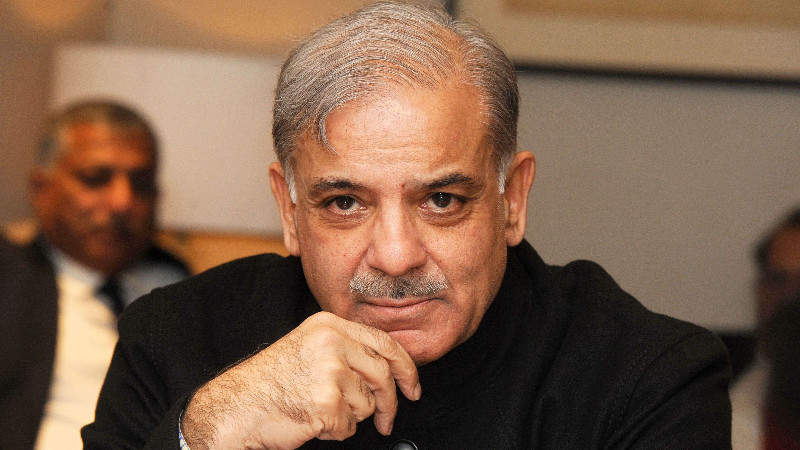
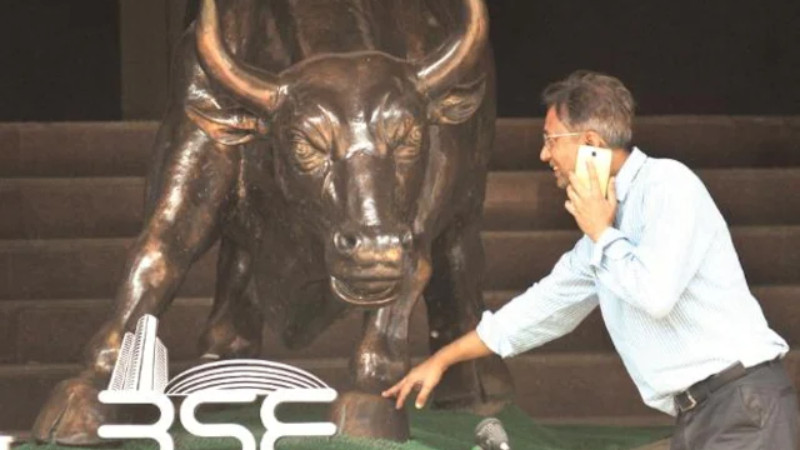

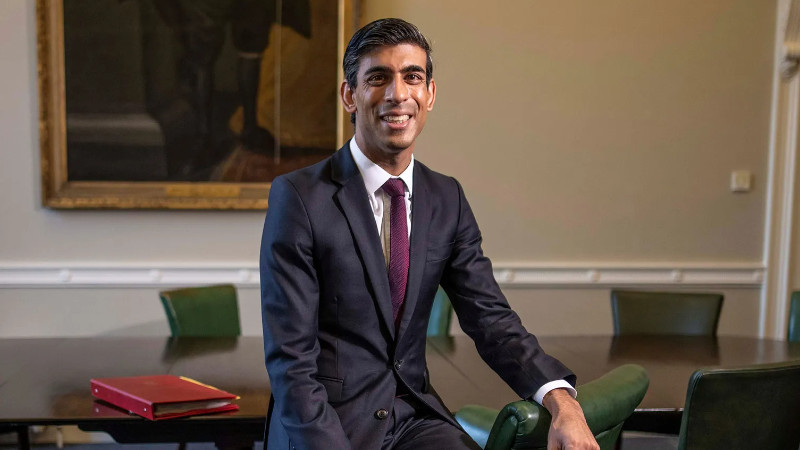
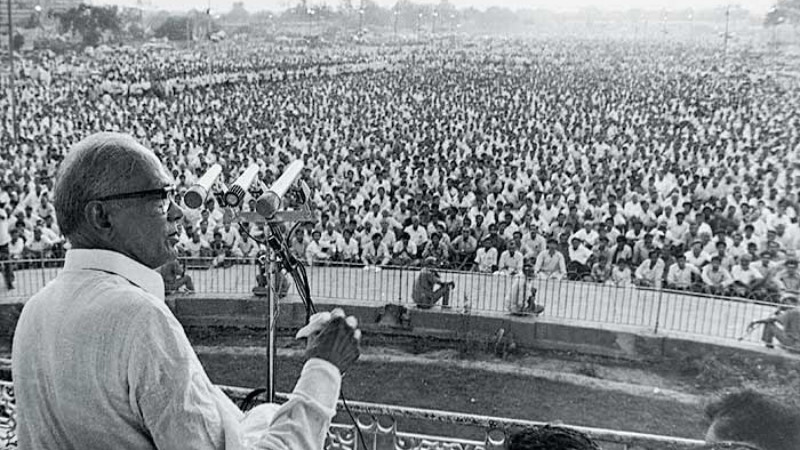

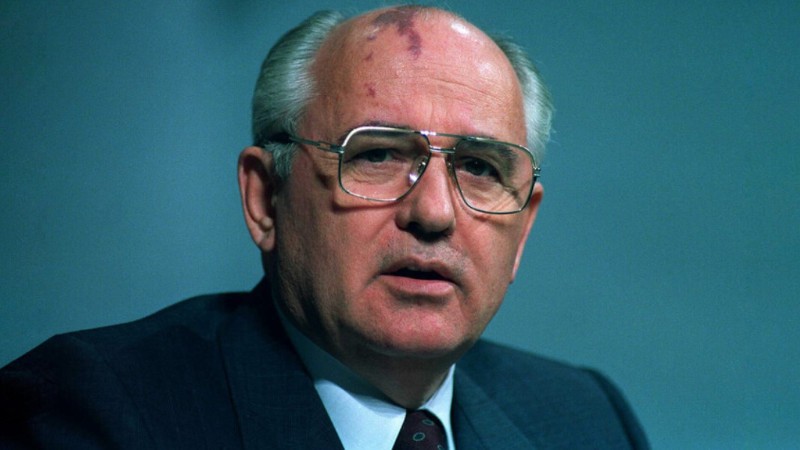
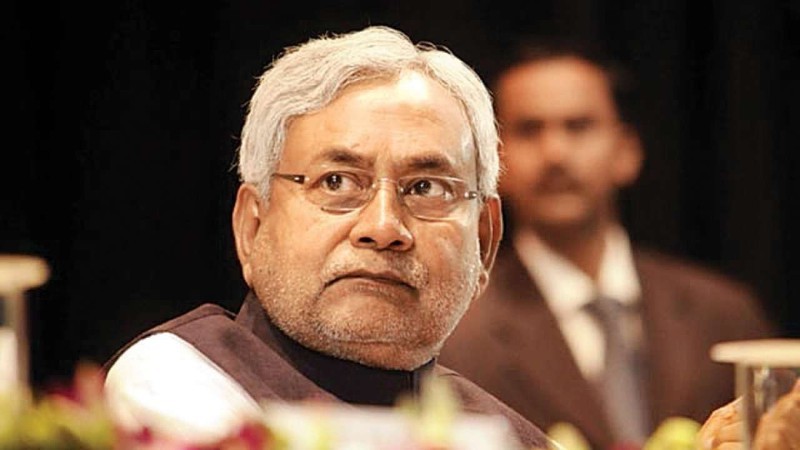
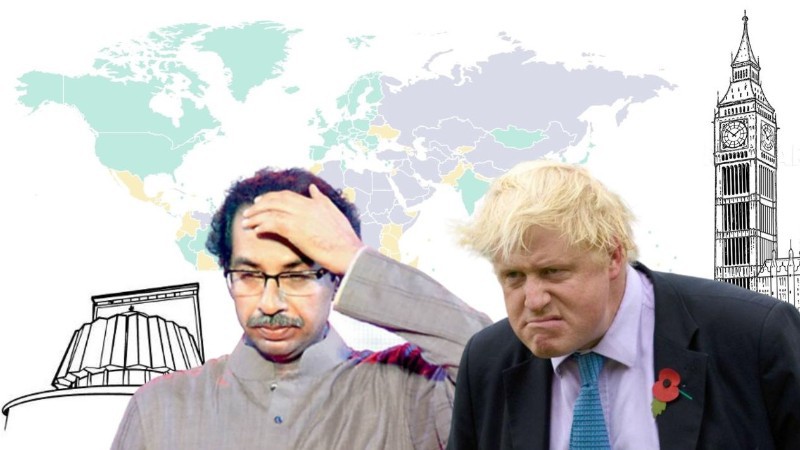
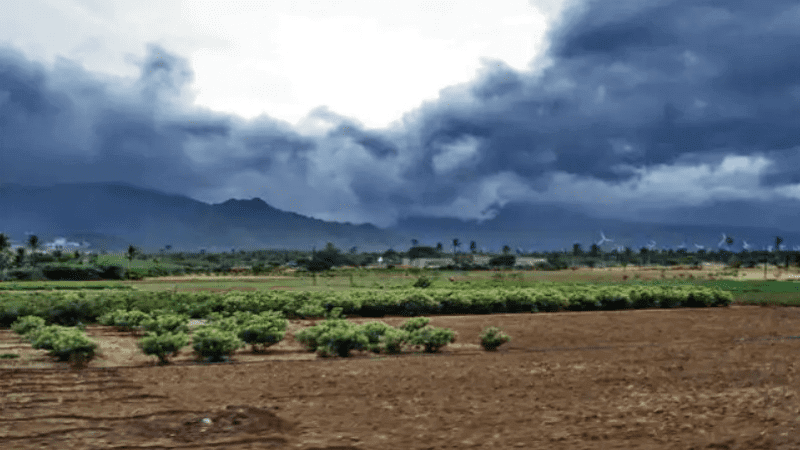
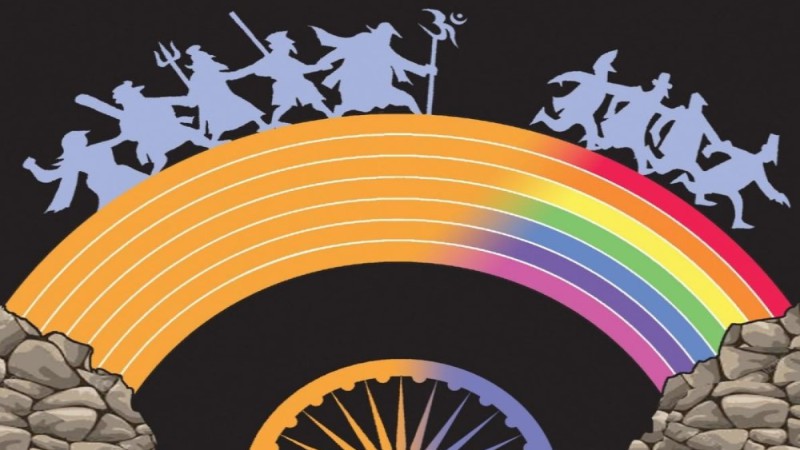
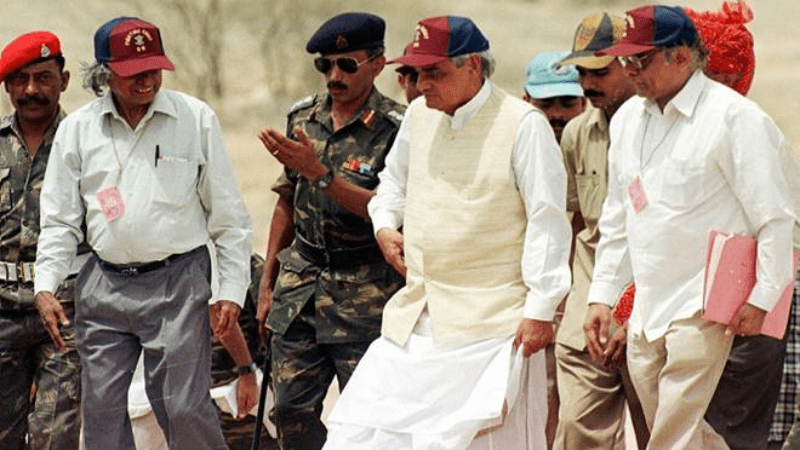
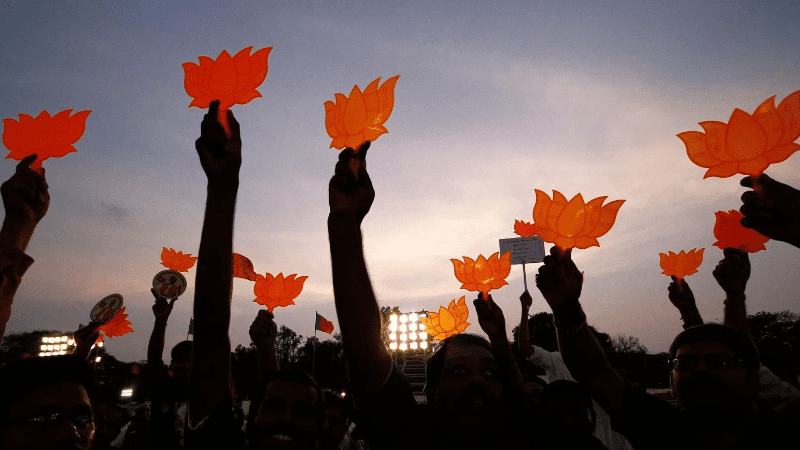
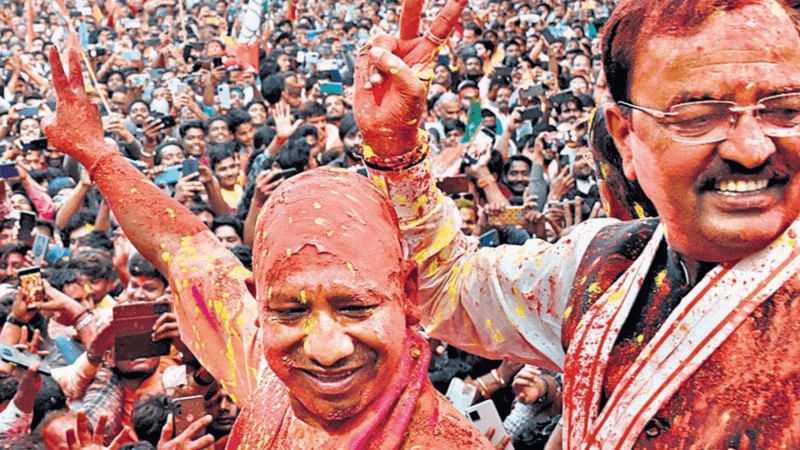
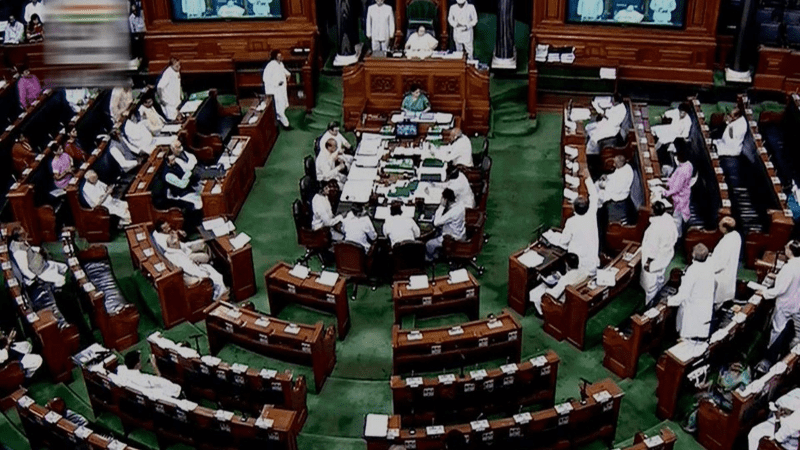
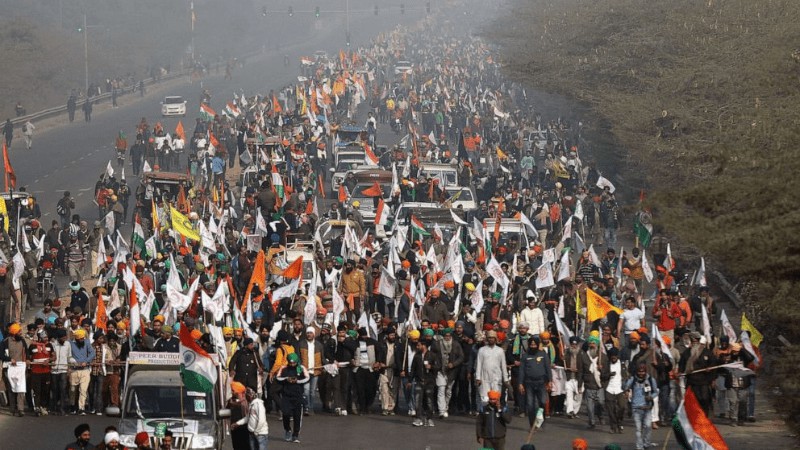

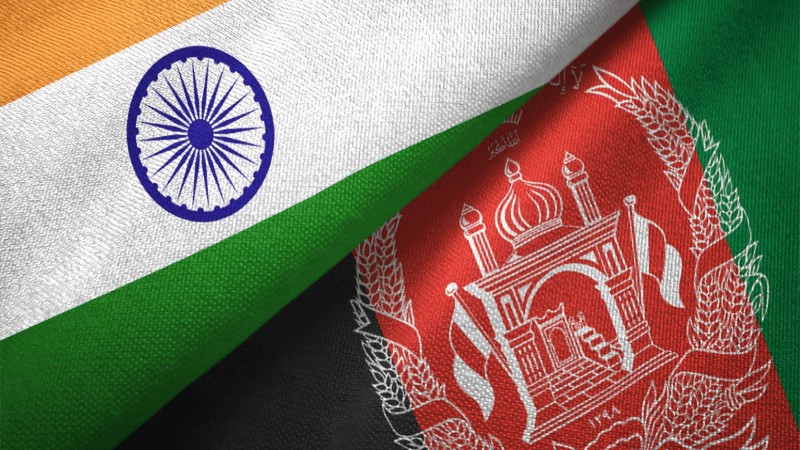
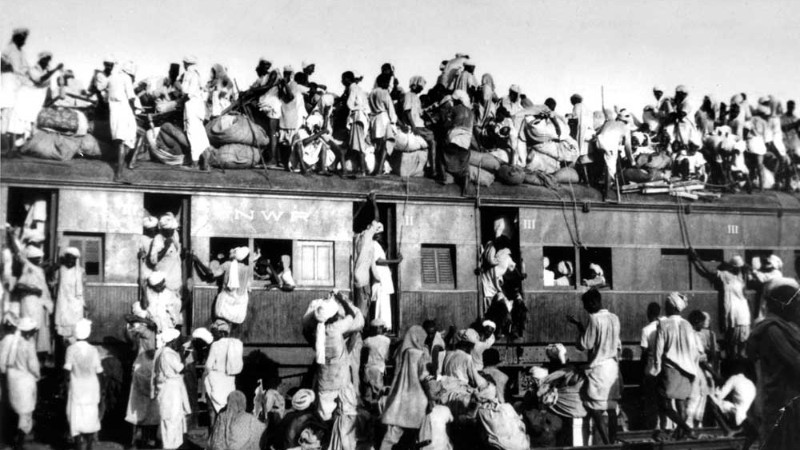
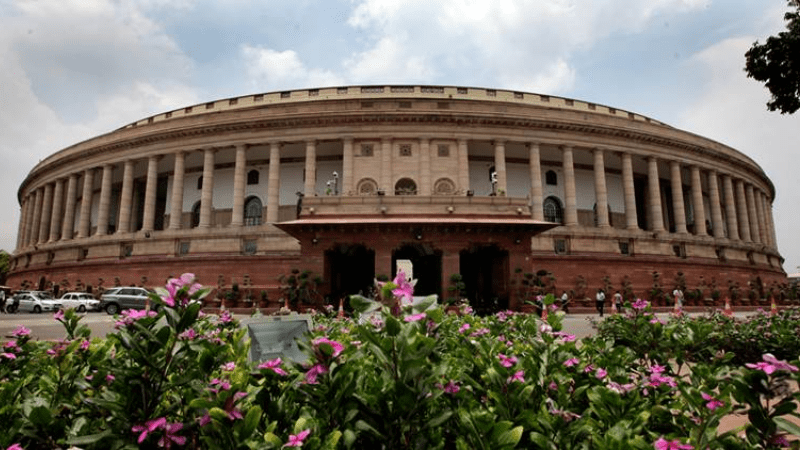
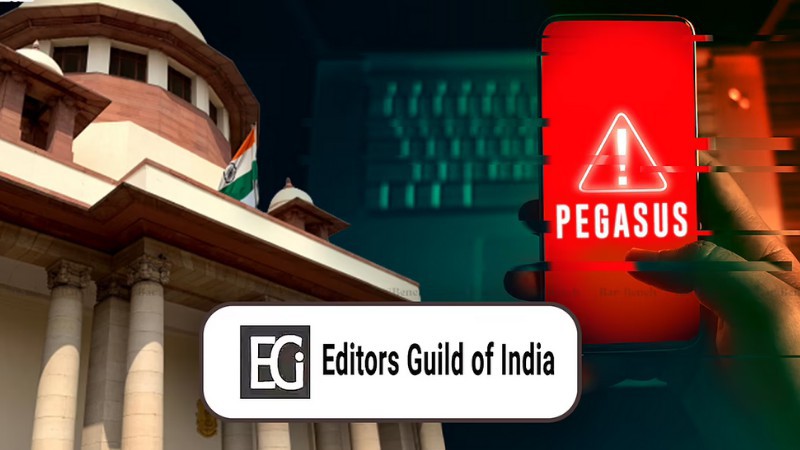
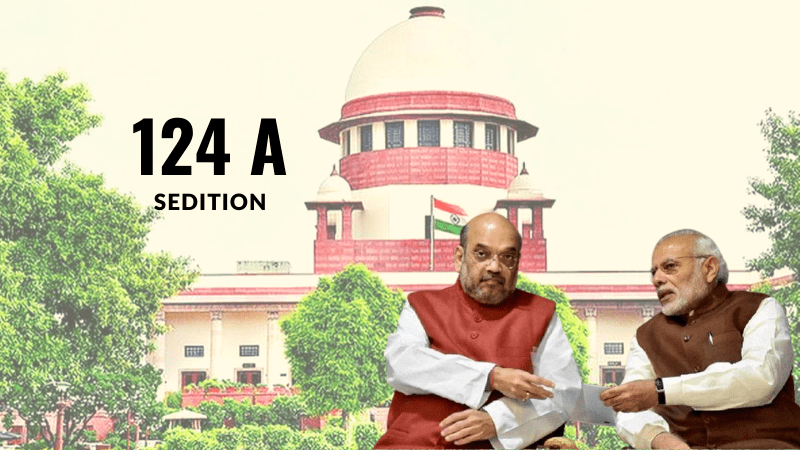

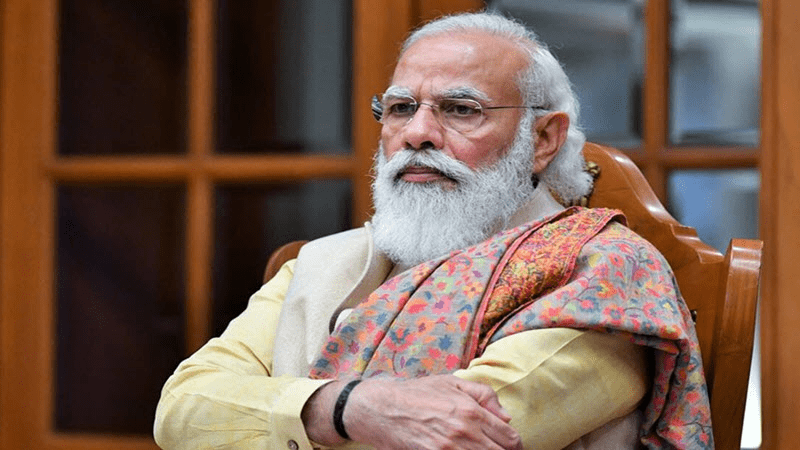
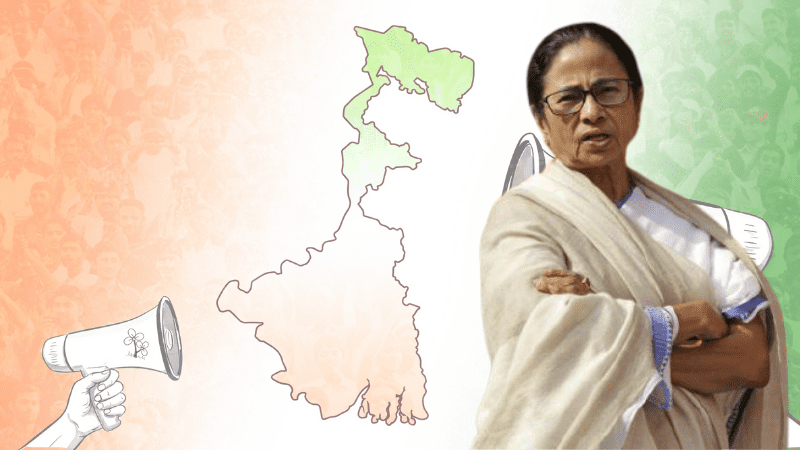
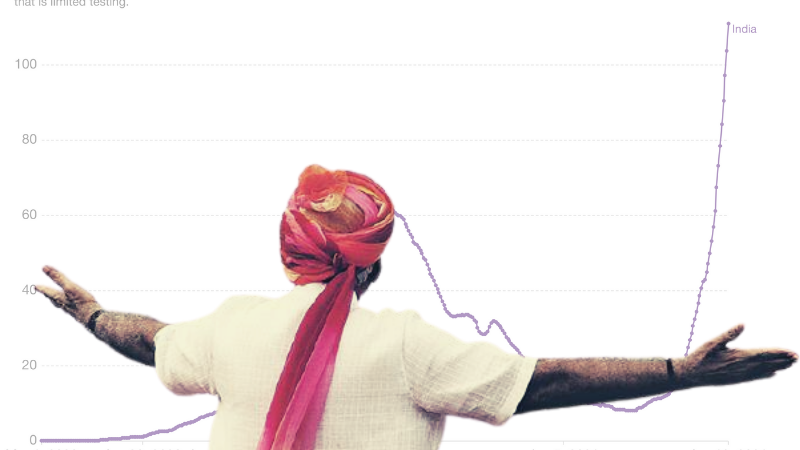

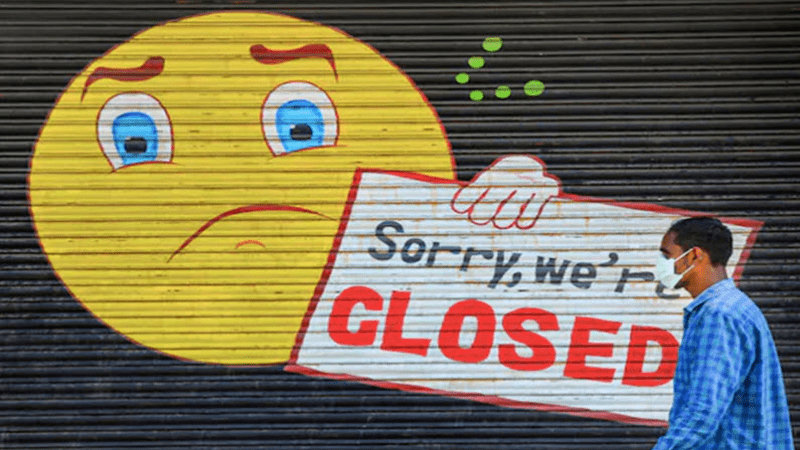


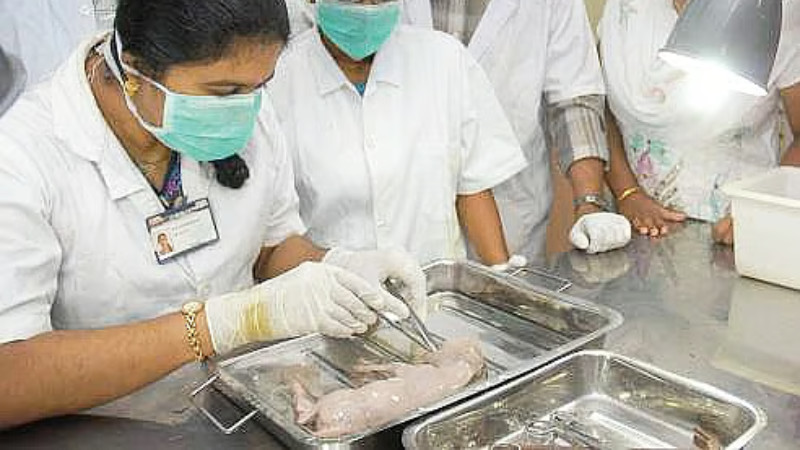
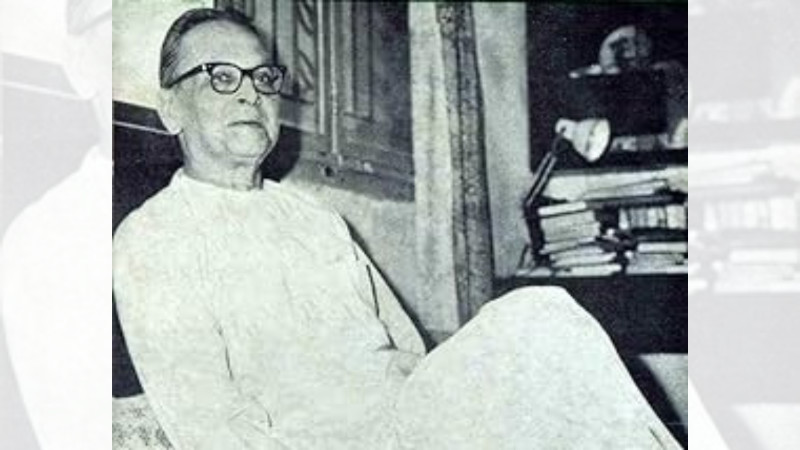
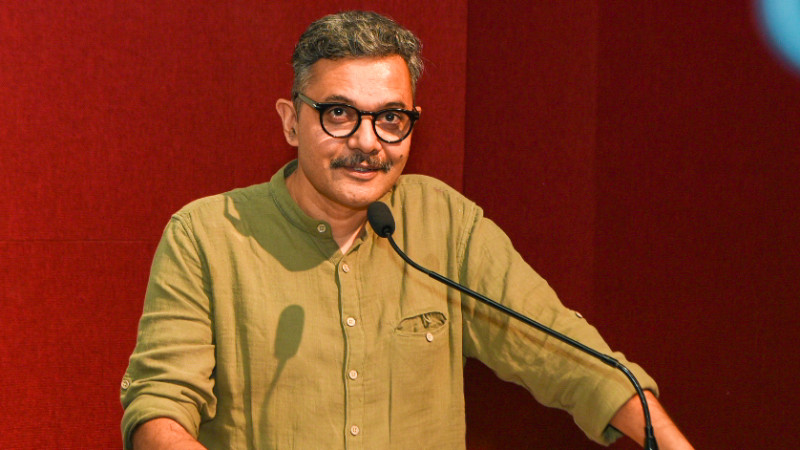
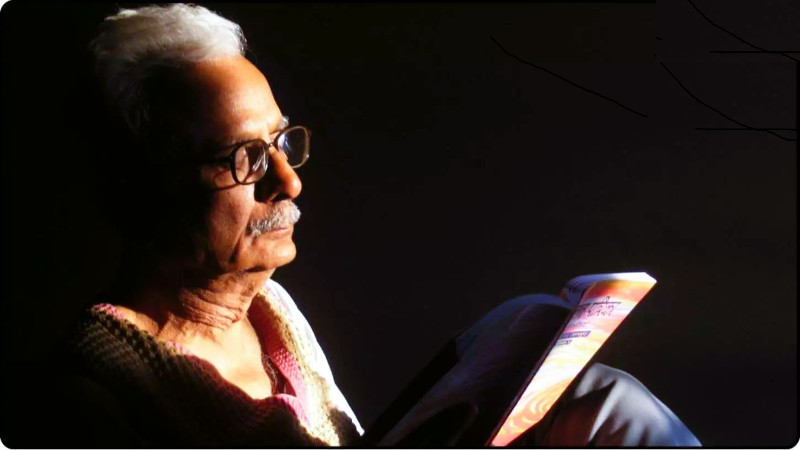
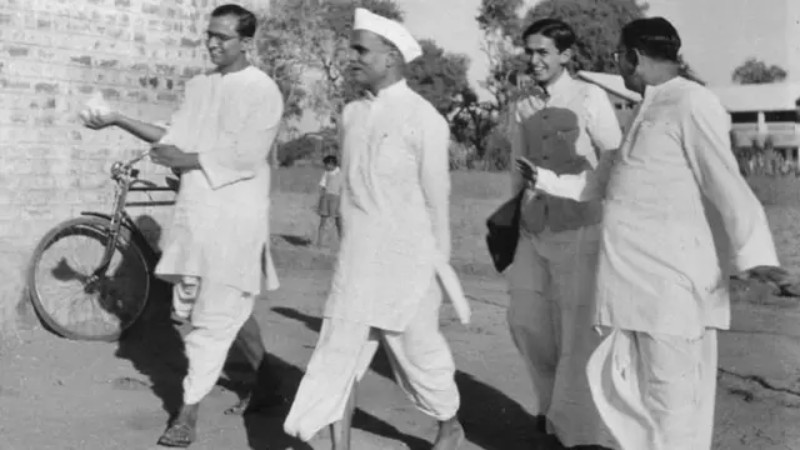
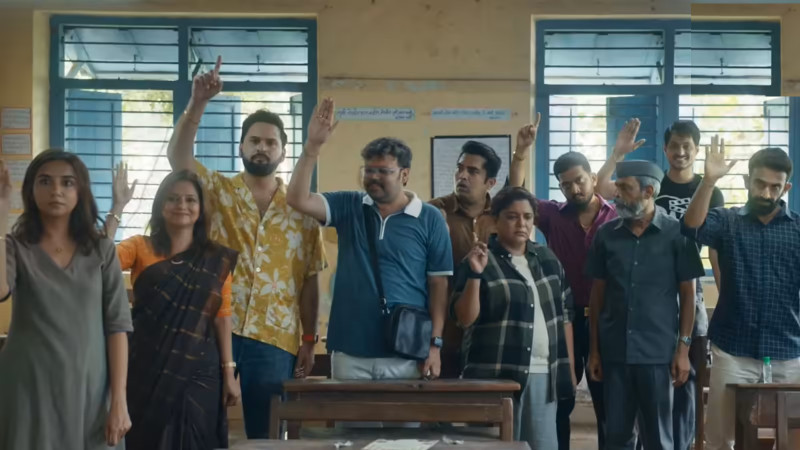
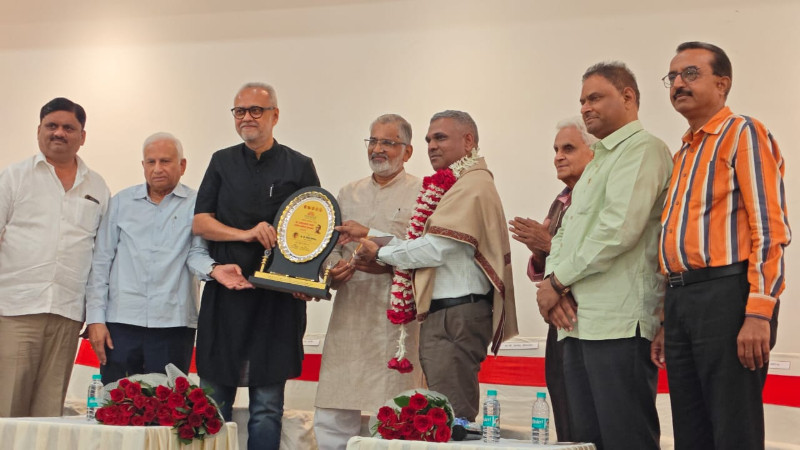
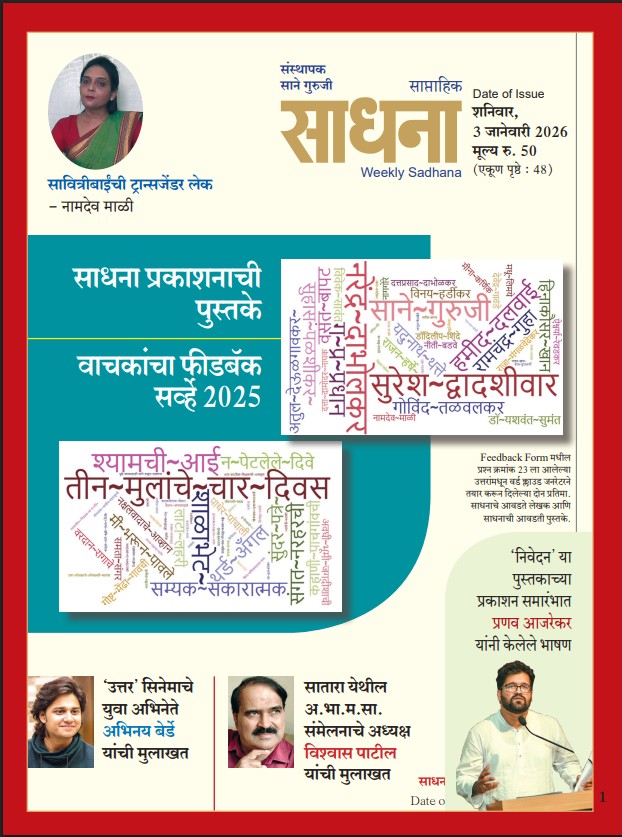













Add Comment